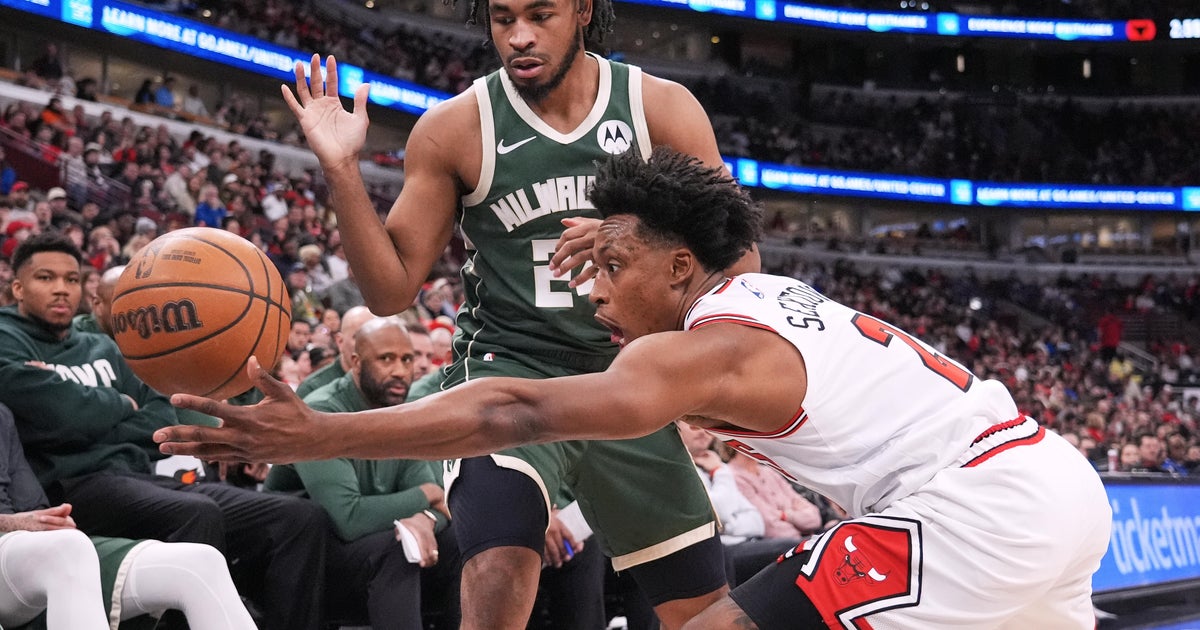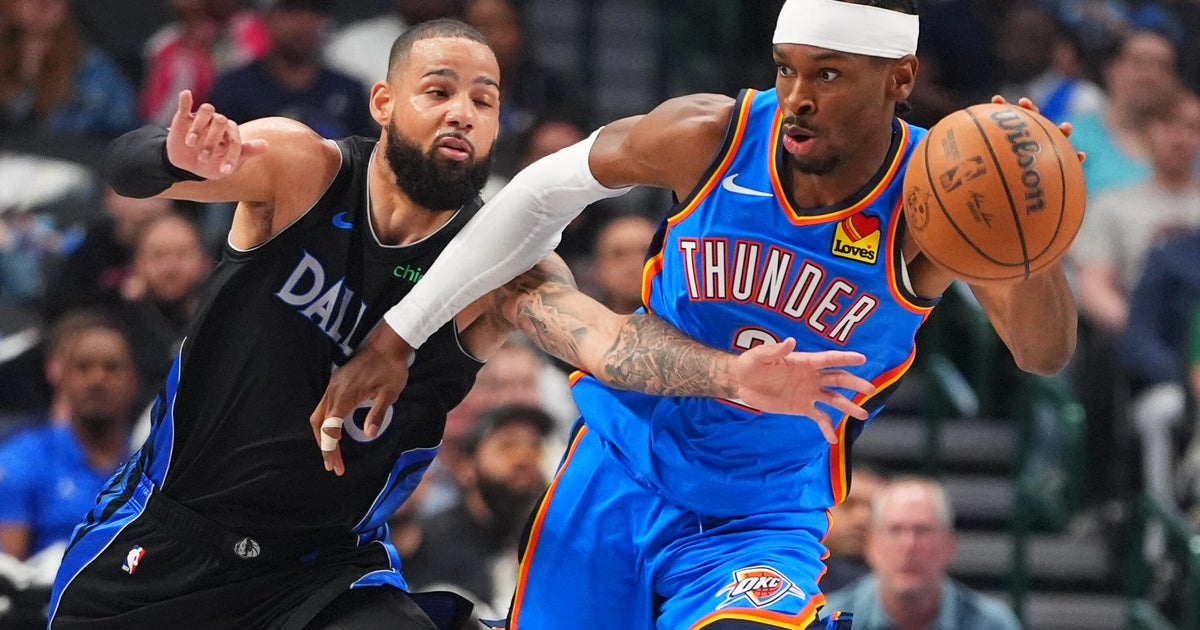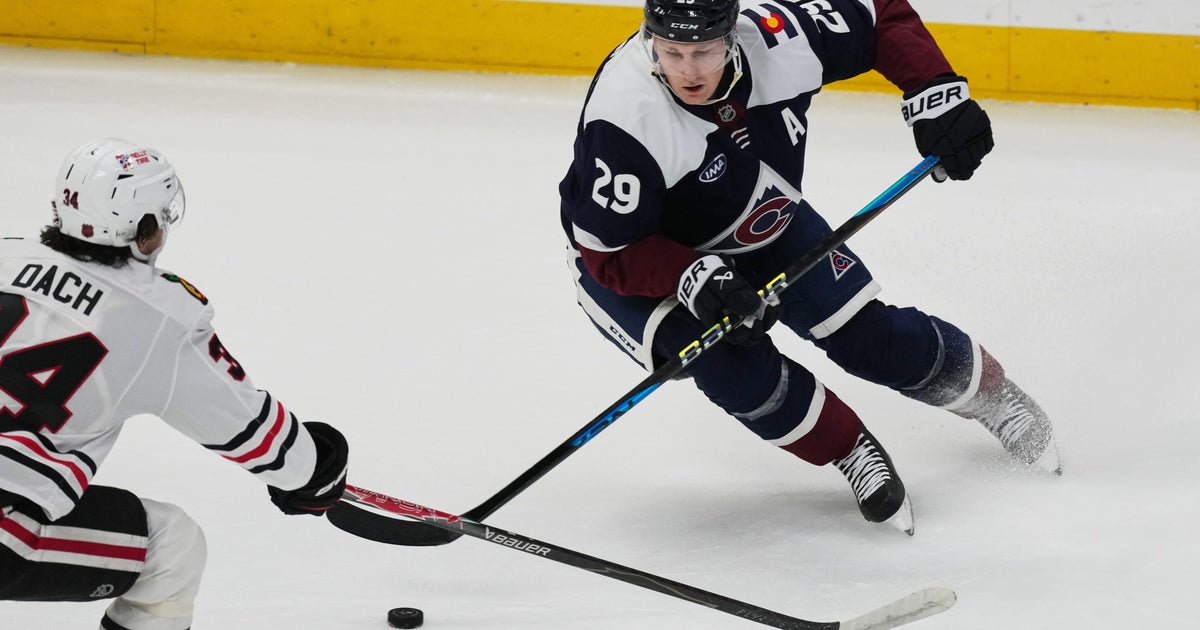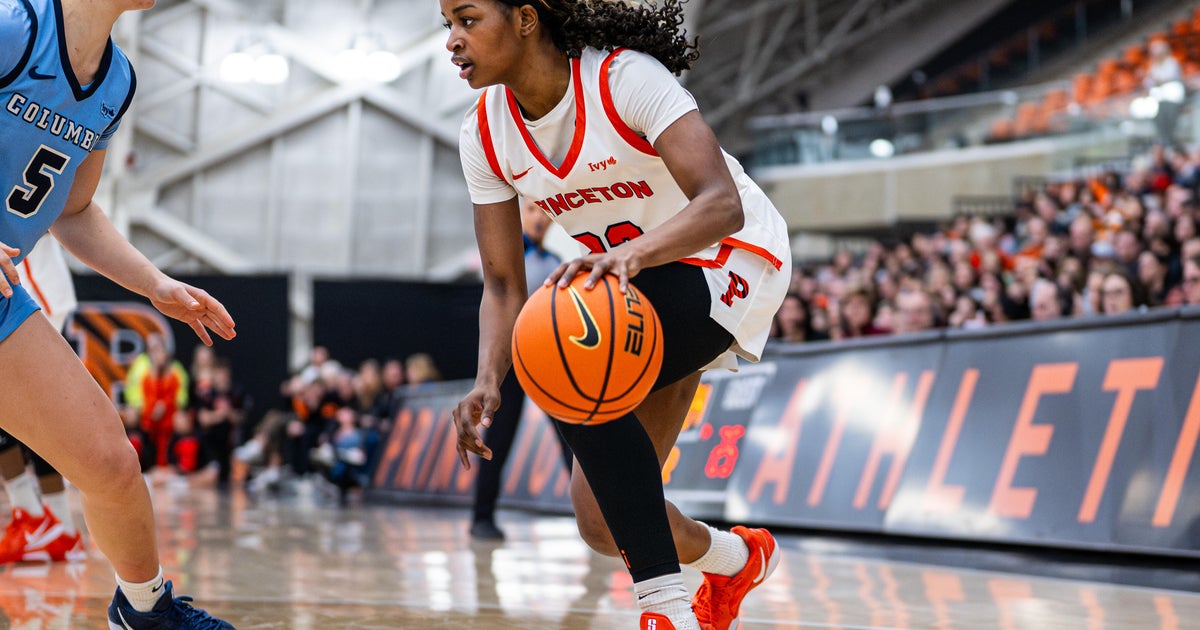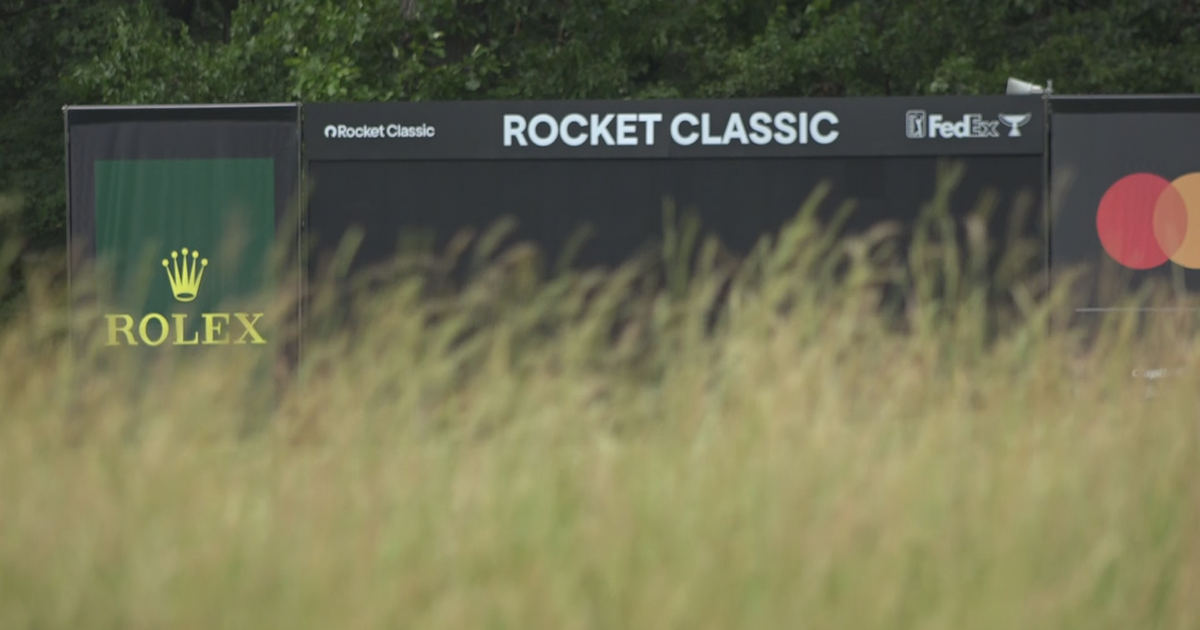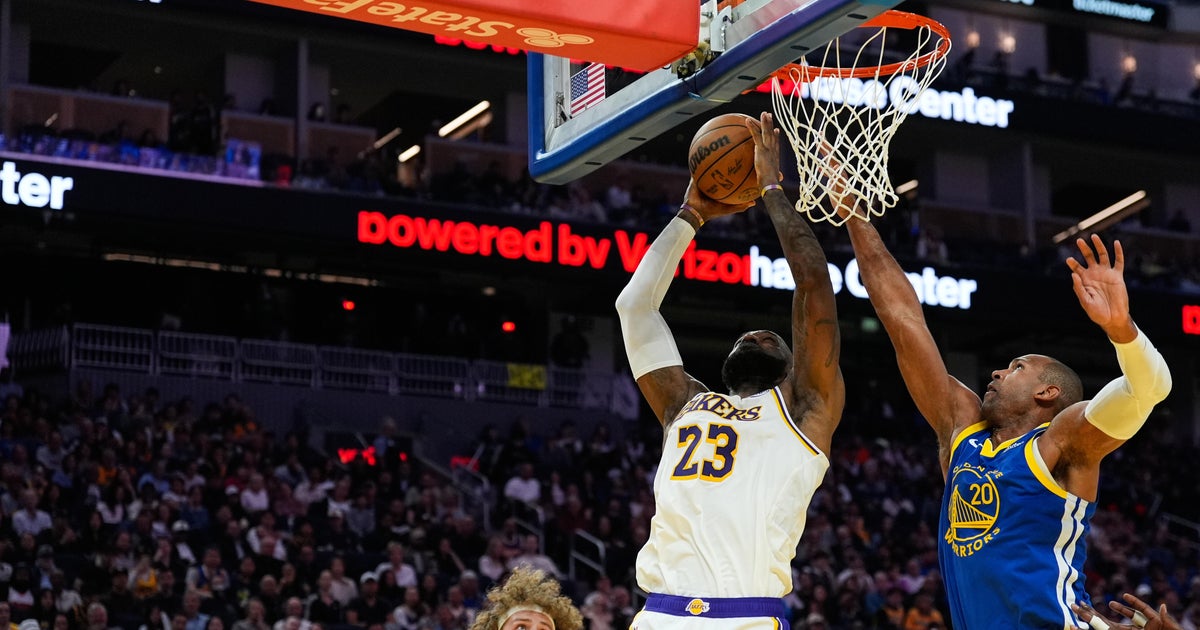Top Memorable Moments In All-Star Game History
Now that another MLB All-Star Game has come and gone, the time to reflect on what went down is upon us. The 2014 version of the Midsummer Classic provided fans with another memorable moment when New York Yankees star Derek Jeter showed his thanks to players and fans after being removed from his final All-Star Game.
The touching scene brought back memories of just a year ago when another Yankees legend played in his final All-Star Game. Mariano Rivera also received a farewell fit for a king as his fellow All-Stars remained in the dugout to applaud and cheer when Rivera took the mound for one last time.
Over the years there have been so many great All-Star memories it seemed appropriate to take a look back at some of the best ones.
1933- The Babe Goes Deep
In the first All-Star Game ever played, the game held at Comiskey Park in Chicago was attached to the 1933 World's Fair and was intended to be a one-time affair.
In the third inning of a 1-0 game, Babe Ruth stepped up to the place to face St. Louis' Bill Hallahan. With a runner on first, Ruth crushed a ball into the right field stands giving the American League a lead they would not relinquish.
Ruth's home run was the first ever in an All-Star game and the event was such a great success that the decision came down to hold the event every year.
1999- Ted Williams Returns To Fenway
The 70th MLB All-Star Game would be the last one played in the 20th century and was fittingly played at the oldest ballpark in the league, Fenway Park.
Prior to the game there was an on-field ceremony to recognize the MLB All-Century team. When the time came to introduce Ted Williams, the atmosphere inside Fenway became electric. Williams was brought out on a golf cart and as he was driven towards home plate, the standing ovation from the players and fans grew louder and louder.
Many of the players had tears in their eyes, as did so many of the faithful Red Sox fans in attendance. When Williams arrived at the pitcher's mound, everyone in uniform, every player and coach, surrounded the legend and took their turns wishing him well and thanking him for all he had done.
The shots of Williams fighting back tears, somewhat unsuccessfully, is an image that will never be forgotten and will long be remembered as one of the most touching moments in baseball history.
1970- Exhibition or Not, Pete Rose Always Gives His All
In the 41 All-Star Games played before 1970 only five had gone into extra innings. This would be the sixth to go beyond nine innings and the fans inside Cincinnati's Riverfront Stadium did not leave disappointed.
In the 12th inning of a 4-4 game, Cincinnati Reds All-Star Pete Rose came to the plate with none on and two outs. Rose singled to extend the inning and then advanced to second when the Dodgers' Billy Grabarkewitz followed up Rose's base hit with one of his own.
The next batter was Chicago's Jim Hickman and he smacked a single to center field. Rose turned on the jets in an attempt to score the winning run from second base but was beaten to the plate by a great throw from Royals outfielder Amos Otis.
Showing no hesitation, Rose lowered his shoulder and prepared for impact as he crashed into Indians catcher Ray Fosse. The collision jarred the ball loose and gave the National League a 5-4 win in front of Rose's home fans who erupted in joy over their star player giving his all in a game that ultimately meant nothing.
The violent play at the plate dislocated Fosse's shoulder but Rose showed no remorse after the game. "I just want to get to that plate as quickly as I can," explained Rose. "Besides, nobody told me they changed it to girls' softball between third and home."
2001- Ripken Goes Deep In Final All-Star Game
Similar to what baseball fans saw during the 2014 All-Star Game for Derek Jeter, when Cal Ripken Jr. played in his final All-Star Game in 2001 he was also given a respectful tribute from his peers.
When the American League team took the field in the top of the first inning, starting shortstop Alex Rodriguez walked over to Ripken at third base and insisted that they swap positions. Ripken had spent almost all of his career as a shortstop and Rodriguez wanted to give him the opportunity to play his natural position in an All-Star Game one final time.
As much as the fans enjoyed the grand gesture from Rodriguez and his American League teammates, Ripken still had a little magic left to share with everyone.
In the third inning Ripken came to the place with the game still scoreless. He took the first pitch he saw and sent it into the outfield bleachers to give the AL a 1-0 lead and the fans went crazy. Ripken would be named the All-Star MVP for the second time in his career as the American League went on to win the game 4-1.
1993 & 1997- Randy Johnson Announces His Presence With Authority
Throughout his 22-year career Randy Johnson kept batters on their toes with great command and a fierce fastball. That was especially true for left-handed hitters and one in particular got quite the scare during the 1993 Midsummer Classic.
Philadelphia's John Kruk came to plate to face Johnson and received the scare of his life when the Big Unit sent a fastball screaming over Kruk's head. That was all that Phillies All-Star needed to see as for the remainder of the at-bat Kruk stood on the back end of the batter's box with no intention of digging in against Johnson. A few embarrassing swings later Kruk gladly accepted the strikeout and got a friendly wink from Johnson on his way back to the dugout.
A similar situation came about during the 1997 All-Star game when Johnson was once again on the mound facing a great left-handed National League hitter. This time it was Colorado's Larry Walker at the plate but the at-bat began the same way that Kruk's did four years prior with Johnson rocketing a fastball over Walker's head.
Walker didn't shy away like Kruk did though. Instead, Walker took off his batting helmet and turned it around to wear backwards before stepping into the right side batter's box. The fans in attendance at Jacobs Field in Cleveland gave Walker a boisterous cheer while the players and coaches on both sides had a good laugh.
Walker switched back to the left side of the plate one pitch later and ended up drawing a walk from Johnson, a far better result then what Kruk experienced.
RELATED CONTENT:

